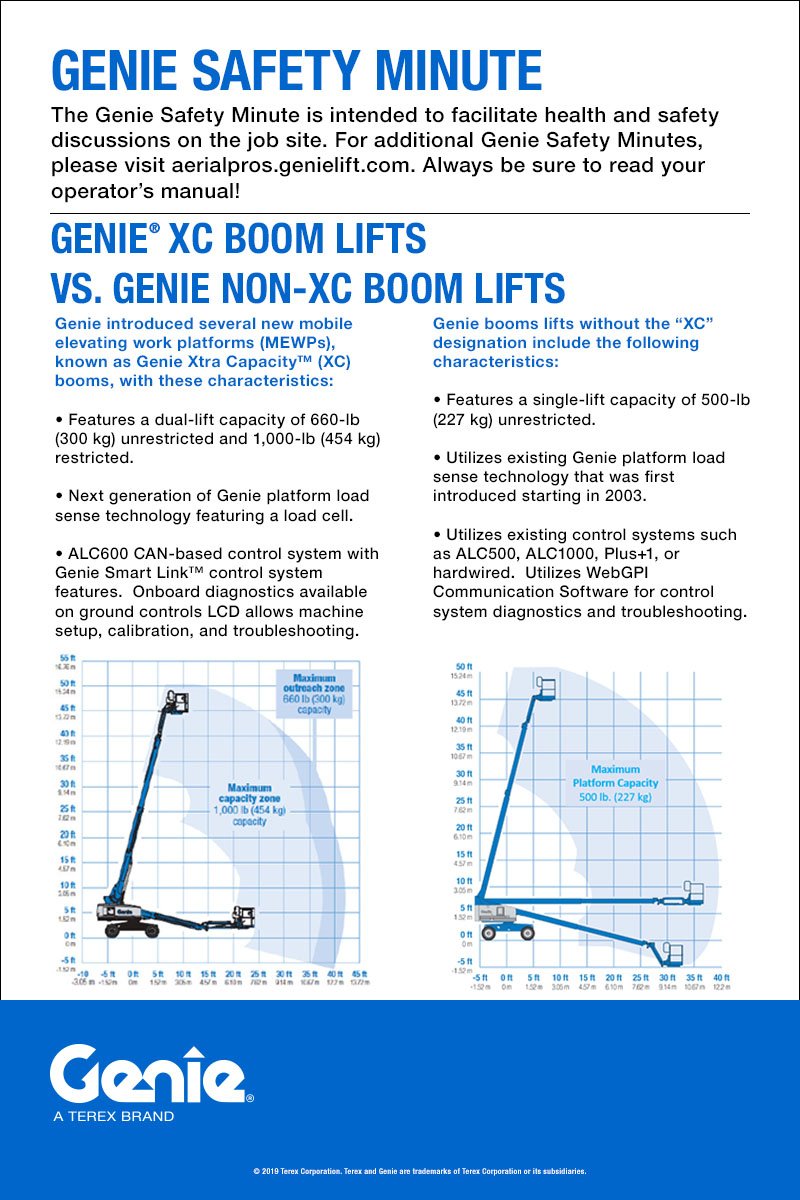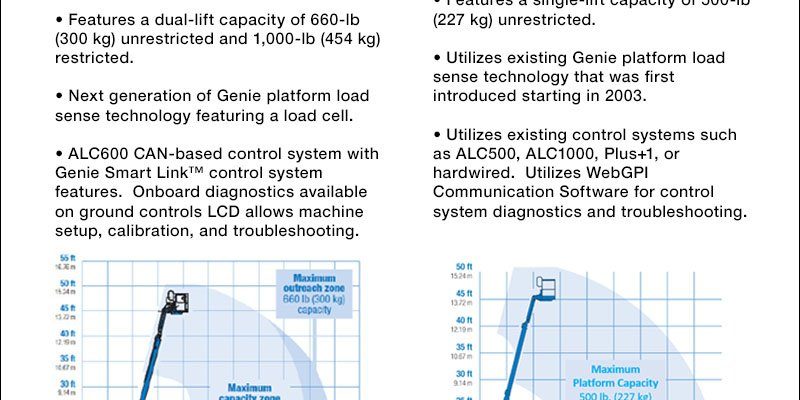
In this article, we’ll explore the main types of Genie safety sensors and compare their features. You might be wondering if spending a little extra is worth it for added features or whether you can save a few bucks and stick with the basics. Let’s break it down so you can make an informed choice that suits your garage needs.
Understanding Genie Safety Sensors
Before we jump into the specifics, it’s important to understand what safety sensors do and why they are essential. Safety sensors are devices placed on either side of your garage door, working together to create an invisible beam. If something breaks that beam while the door is closing—like a person, a pet, or even a stray toolbox—the door will automatically stop and reverse. This is crucial for preventing accidents and injuries.
Now, Genie has a few models that are popular among homeowners. They typically fall under two main categories: basic sensors and enhanced sensors. Basic ones may do just fine for everyday uses, but enhanced options might offer features like better range, adjustable sensitivity, and added durability.
Here’s the thing: choosing the right sensor isn’t just about price. It’s about how often you use your garage, what you store in it, and whether you have kids or pets zipping around. Let’s dig deeper into each option.
Basic Genie Safety Sensors
Basic Genie safety sensors perform their job without much fuss—they’re reliable and economical. These sensors usually feature a straightforward design and simple installation. If you’re not the most handy person, you’ll appreciate that many come with clear instructions.
One common model is the Genie GITR-3. This sensor does its job well, ensuring that it detects obstacles effectively. It uses infrared light beams to operate, providing a solid range for its price. If you’re looking for something that simply gets the job done without breaking the bank, this is a decent choice.
However, you might want to consider a few limitations. Basic sensors might have a shorter detection range compared to their enhanced counterparts. As a result, if your garage is particularly long, these may struggle a bit. Additionally, the mounting brackets can sometimes feel less sturdy, especially in older homes.
Enhanced Genie Safety Sensors
Now, let’s talk about enhanced Genie safety sensors. Think of these as the luxury models—kitted out with features designed for better performance and reliability. One standout option is the Genie G3T-R safety sensor. This model is often favored for its extensive features.
So, what sets it apart? For one, it has a longer detection range, which means it can cover larger areas without issue. This is especially handy if you have a big garage or if it’s cluttered with objects. Plus, enhanced sensors often include adjustable sensitivity settings, allowing you to tailor how they respond according to your needs.
Also, let’s not forget the durability factor. Enhanced sensors are usually built with higher-quality materials, meaning they can withstand changes in temperature and weather without a hitch. If you live in an area with extreme weather, investing in enhanced sensors could save you trouble down the road.
Installation and Compatibility
When deciding between basic and enhanced Genie safety sensors, installation and compatibility are essential factors to consider. Most Genie models are designed to work harmoniously with various garage door openers. However, before making a purchase, double-check that your selected sensors are compatible with your specific opener model.
Installation is often user-friendly, but be prepared to follow some steps. Here’s a quick rundown of what you’ll generally do:
- Gather your tools: screwdrivers, level, tape measure.
- Identify the ideal height for mounting (typically around 6 inches from the ground).
- Position the sensors directly across from each other and ensure they align correctly.
- Connect the wires to the opener’s logic board as per the provided instructions.
If there are any glitches during setup, troubleshooting can usually resolve common issues, such as misalignment or wiring errors. Both basic and enhanced models may require some tinkering, so be patient and systematic about it.
Performance and Reliability
Any sensor you choose should provide consistent performance, and Genie typically does not disappoint in this regard. Basic sensors often perform excellently for everyday use, especially if you don’t have frequent interruptions or obstructions in your garage.
However, the enhanced sensors can shine in more dynamic scenarios. If you often use your garage for various activities—like hobbies, sports gear storage, or even as a workshop—the enhanced sensors might outweigh the price difference. They have higher reliability when encountering distractions.
For instance, if you have kids who like to play by the garage door, an enhanced model may detect their movements more effectively than a basic one. This added safety can give you peace of mind, knowing that your loved ones are protected.
Cost Considerations
Cost is always a factor to weigh, especially if you’re on a tight budget. Basic Genie safety sensors usually come in at a lower price point, making them attractive for those who need a simple solution. These typically range from $20 to $40, depending on sales and the retailer.
Enhanced sensors, on the other hand, can be priced higher, often between $50 and $100. While that may sound steep, think of it as an investment in safety and reliability. If you regularly use your garage or have robust activities happening, the extra cost could be totally worth it in the long run. After all, can you really put a price on safety?
In summary, if your needs are basic and you’re looking for budget-friendly options, the basic models will do fine. But if you want durability, advanced features, and better performance, opting for enhanced sensors might be the smarter pick.
Final Thoughts
Deciding between Genie’s basic and enhanced safety sensors boils down to your personal needs, budget, and how your garage is used. Both options will keep your space safe, but choosing the right one can make all the difference in functionality and peace of mind.
Whichever route you take, ensuring your safety sensors are properly installed and functioning will help your garage door operate smoothly and securely. Remember to regularly check and maintain them so you can rely on those sensors to protect you, your family, and your belongings for years to come. Happy choosing!
